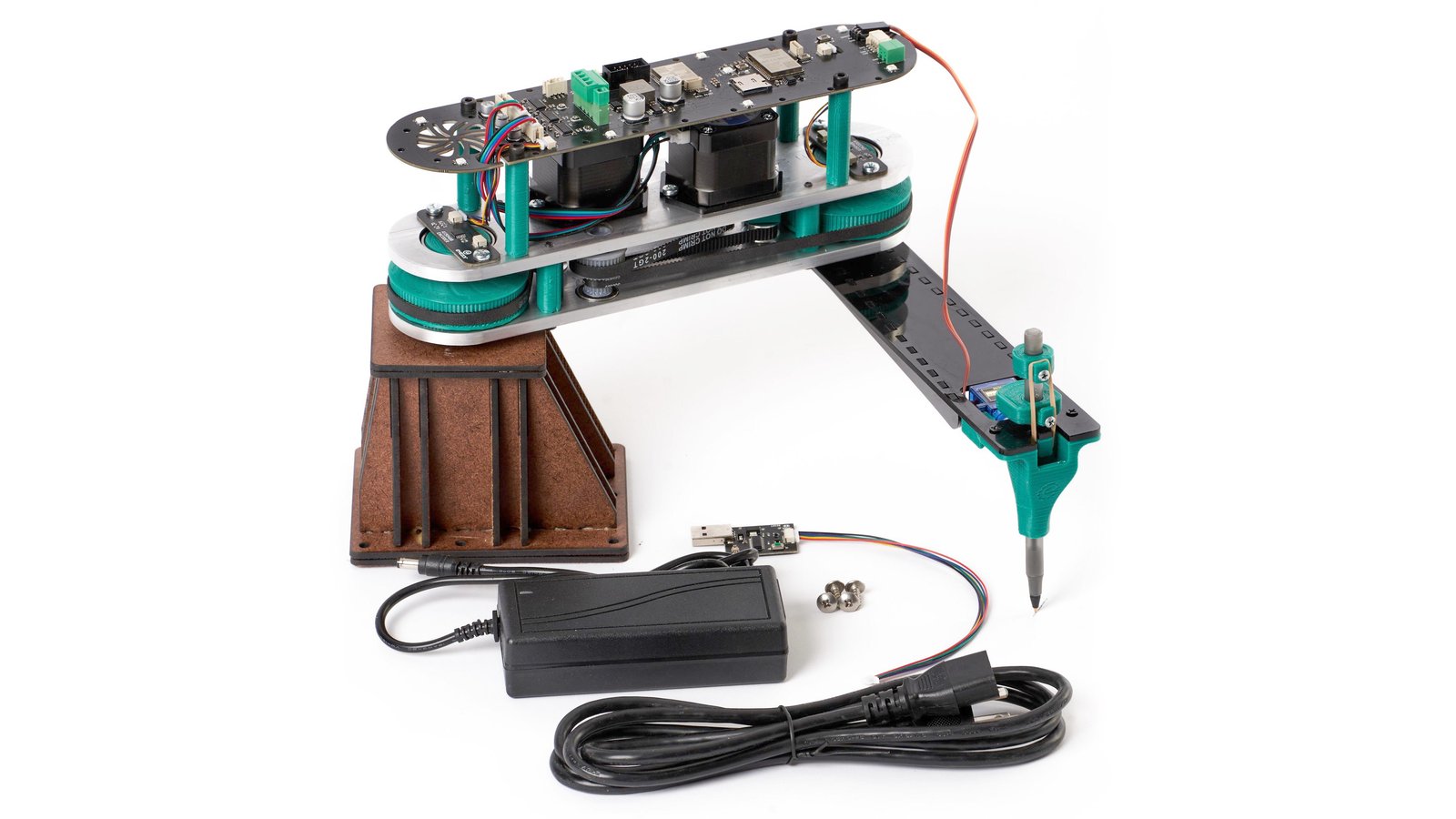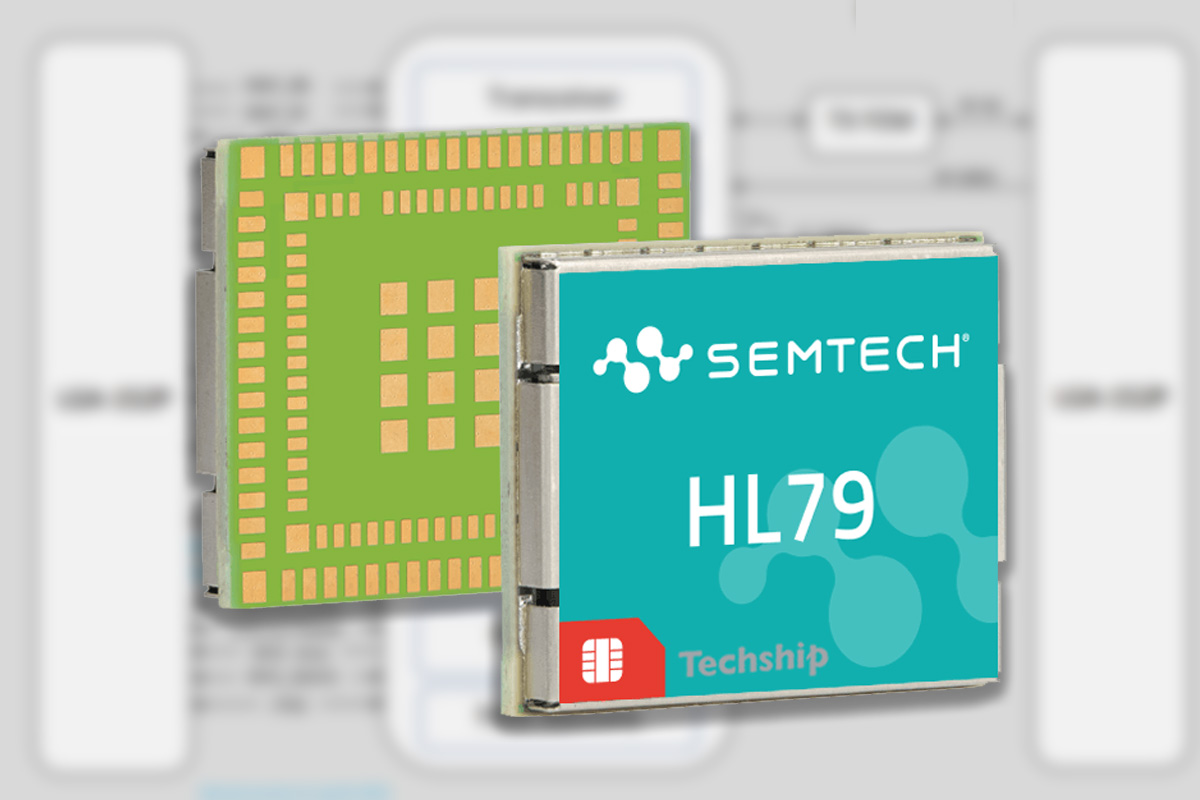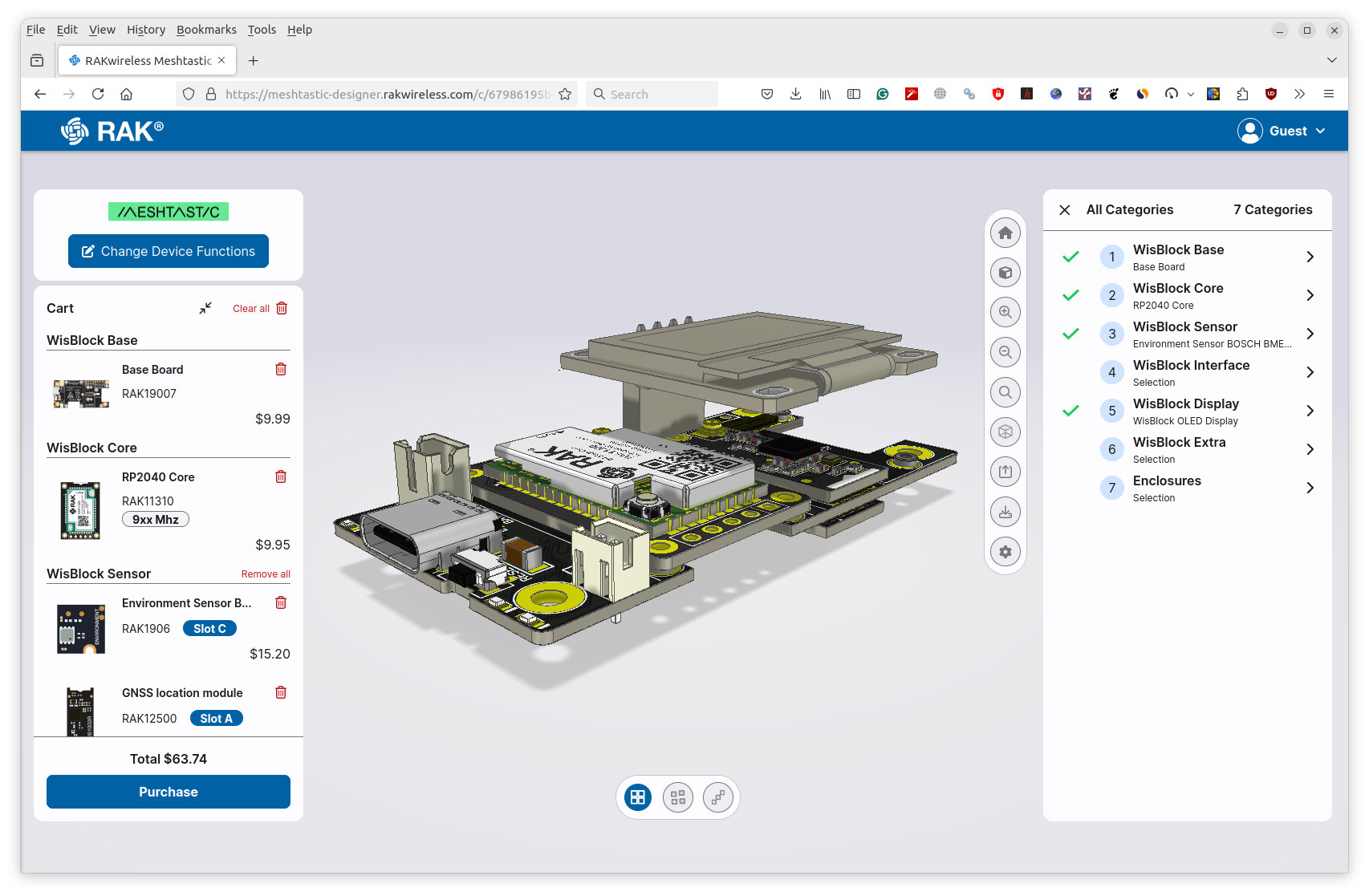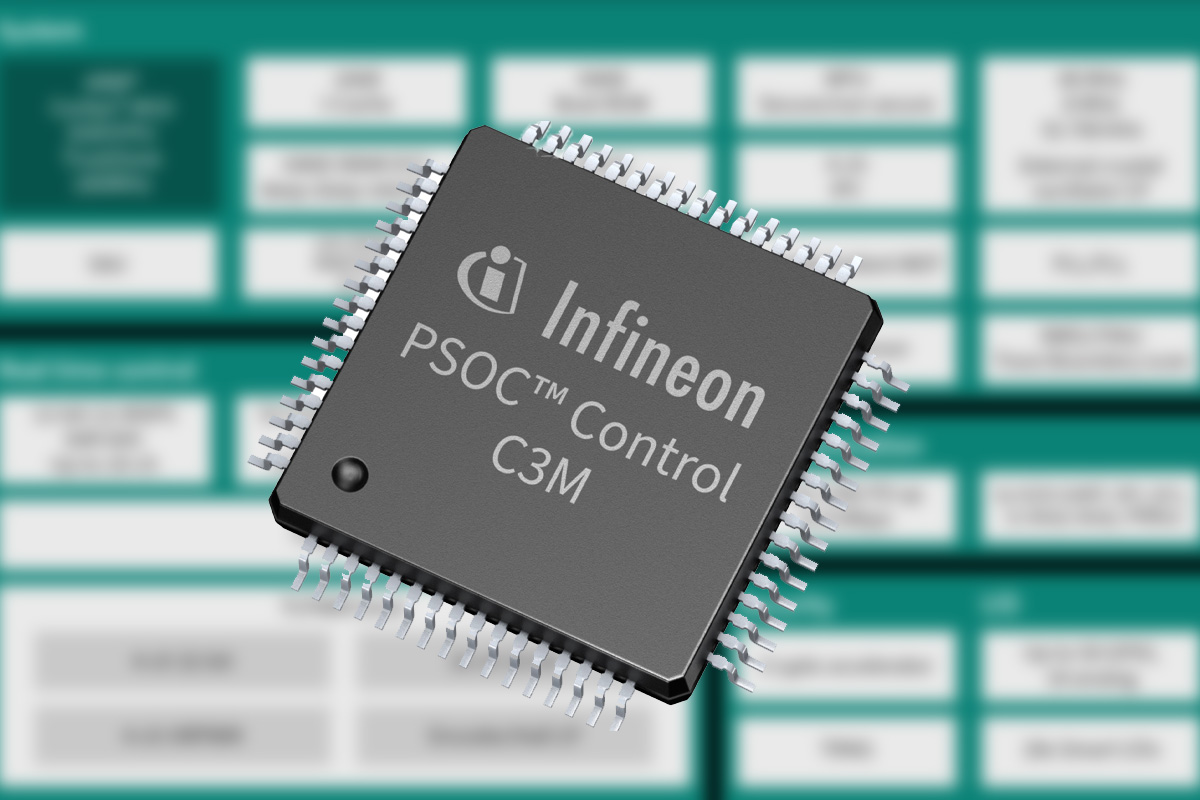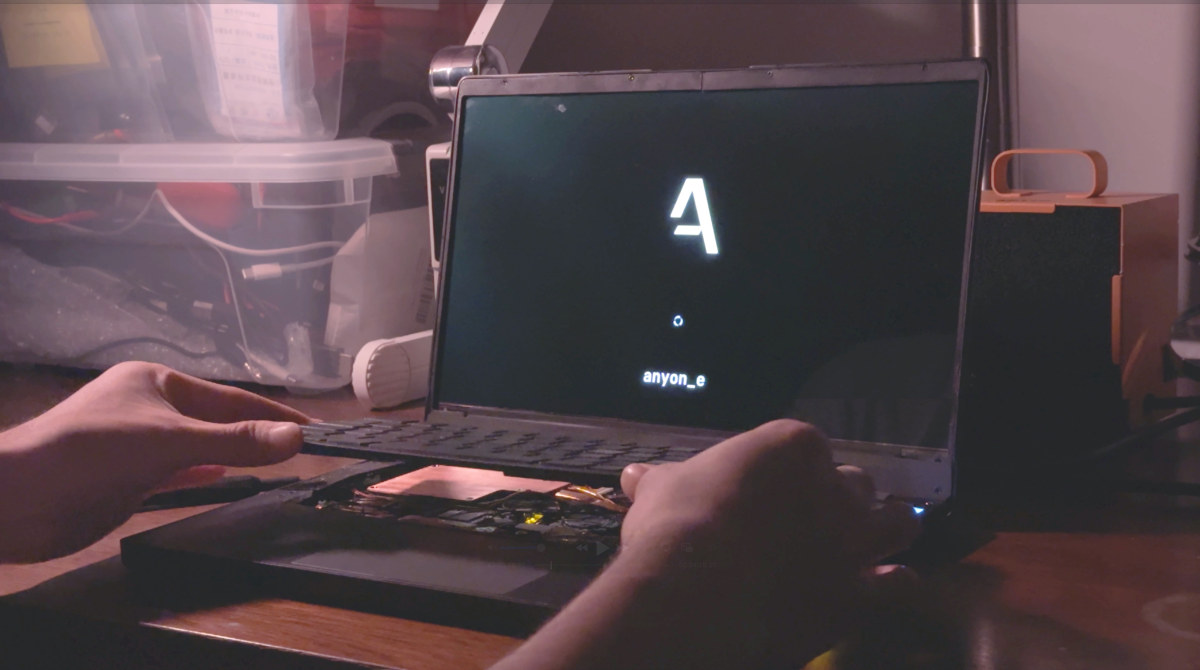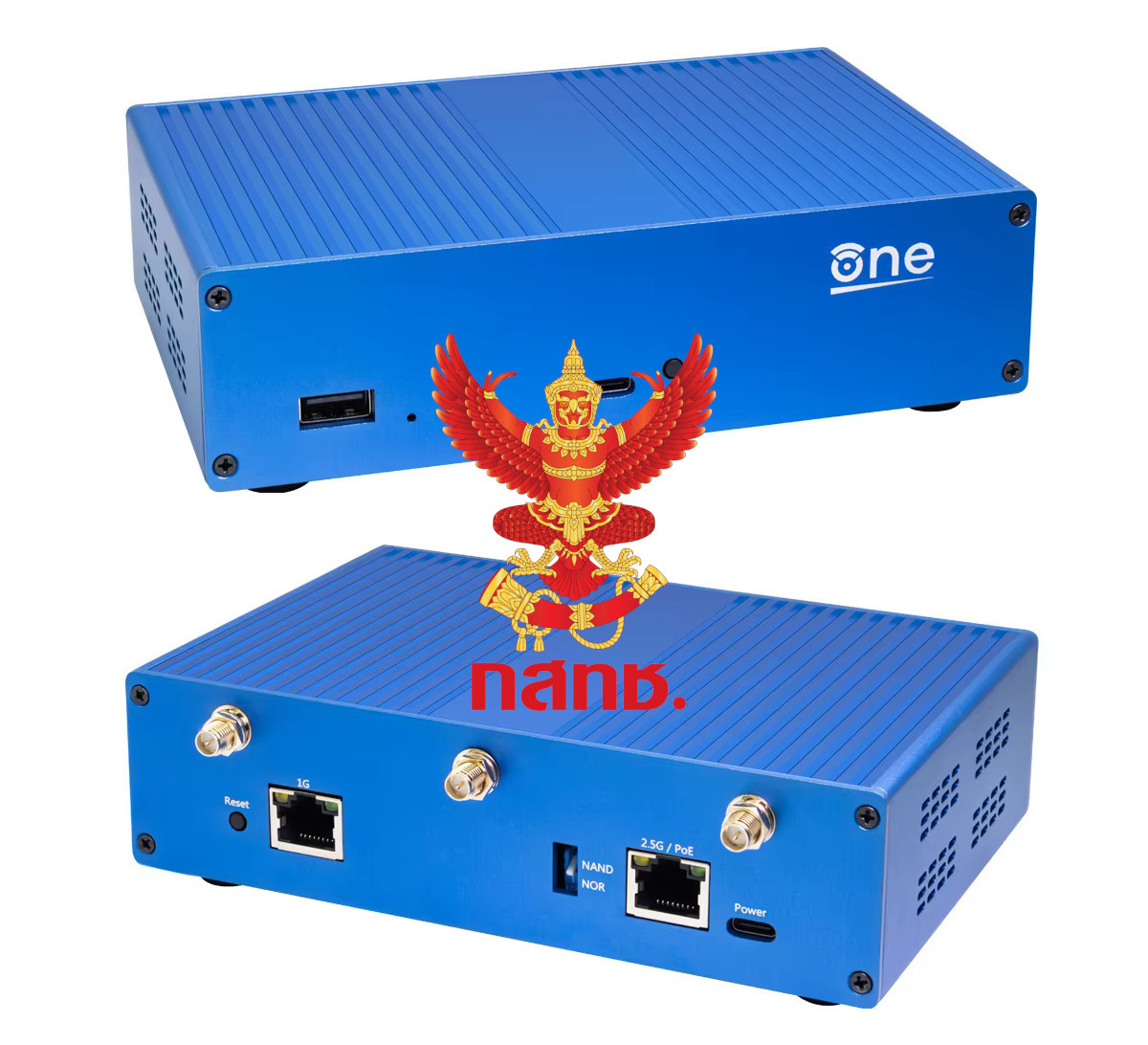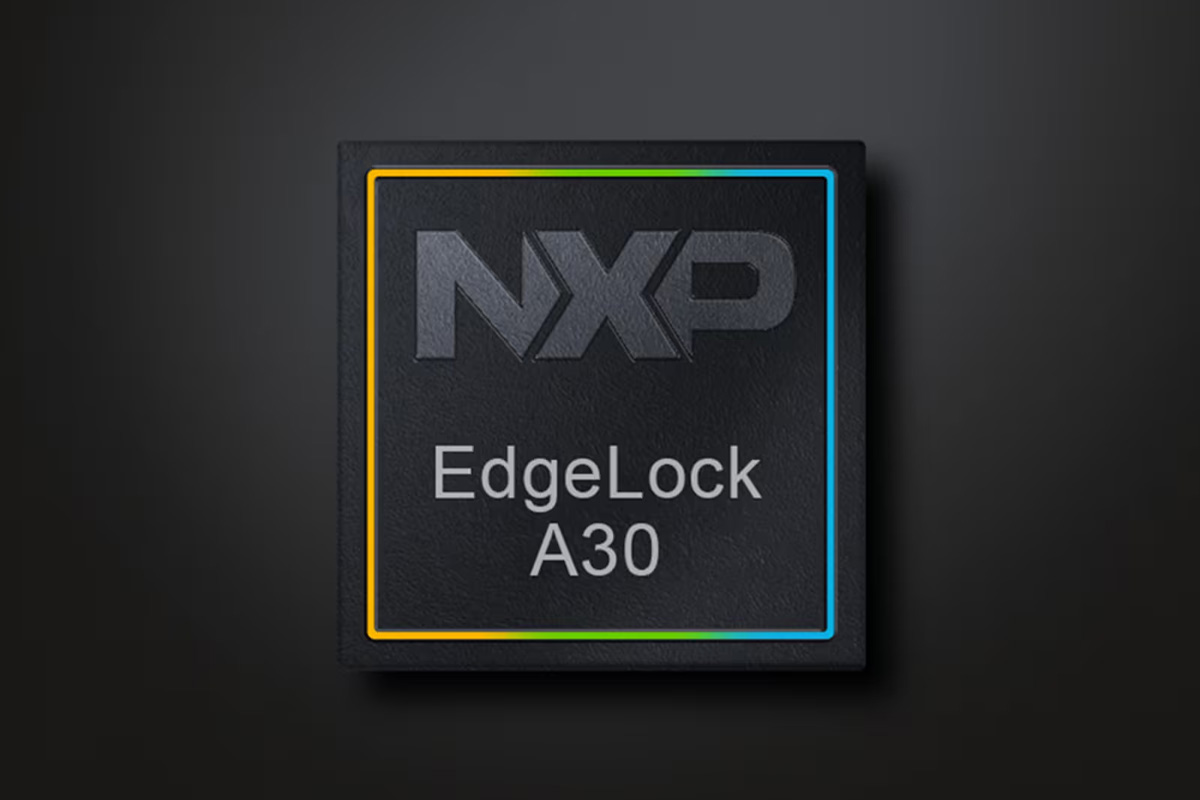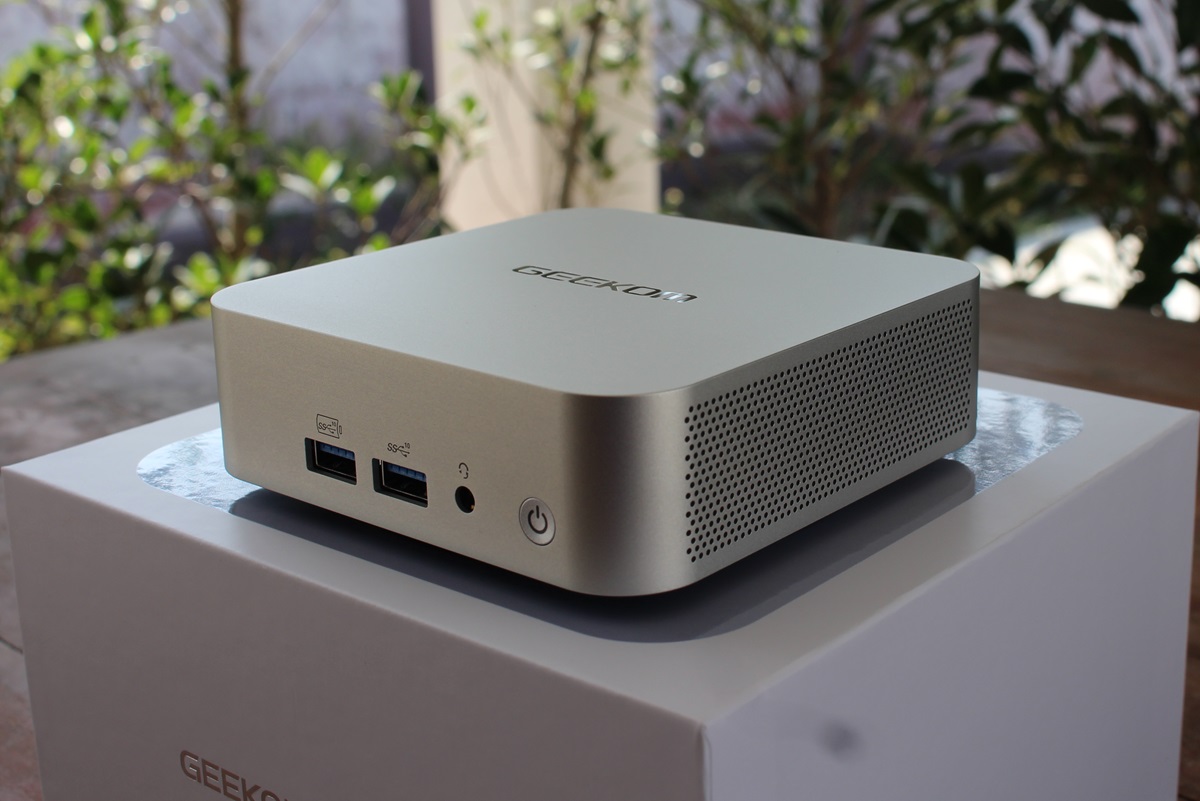Tobor (robot spelled in reverse) is a modular and open-source robotic arm platform powered by the ESP32-WROVER-I and ESP32-WROOM-32 (FluidNC CNC Controller core) modules. It is described as a “fully-featured robotic system that can fit on your desktop and is capable of helping you automate your workflow.” Tobor is billed as a customizable assistant for complex tasks such as assembly line help, CNC design, and rapid prototyping. The Tobor ecosystem includes several open-source components, including robotic arms, motion platforms, sensors, and actuators, that can be combined to create a unique system for “almost any desktop automation.” The Tobor Robot Arm supports multiple toolhead options such as the pen plotter toolhead, z-stage toolhead with 4th axis and suction cup, and the pick and place expansion pack. We have seen other open-source robotic platforms such as the SO-ARM100 AI robotic arm kit, CYOBot v2, and MIKRIK V2 Robot Car. Tobor Robot Arm […]
Altair ALT1350 based HL7900 5G LPWA module supports Wi-SUN, GNSS, and NB-IoT over non-terrestrial networks
The HL7900 5G LPWA module from Semtech (Sierra Wireless) is a globally certified solution built around Sony’s Altair ALT1350 chip and designed for low-power IoT applications. It is certified by major U.S. carriers, including AT&T, T-Mobile, and Verizon, as well as Japan’s KDDI, and has achieved global regulatory certifications (FCC, CE, ISED, etc.) and industry certifications (PTCRB, GCF) for carrier interoperability. This chip features an ultra-low-power sensor hub MCU for efficient environmental monitoring. Additionally, it includes integrated sub-GHz and 2.4GHz radios supporting short-range protocols such as Wi-SUN including U-Bus Air, NB-IoT, and 5G NTN along with GNSS and Wi-Fi-based indoor/outdoor tracking. Furthermore, this chip supports embedded SIM support, secure edge-to-cloud connectivity, and over-the-air updates. These features make this chip useful for applications such as asset tracking, urban navigation, and other IoT solutions requiring reliable, low-power connectivity with global reach. Semtech HL7900 specifications: MCU – Sony ALT1350 5G cellular IoT chip […]
Meshtastic Designer helps you build custom Meshtastic solutions with RAKwireless Wisblock components
RAKWireless introduced the Wisblock IoT Modular System in 2020 to let developers easily create LoRaWAN IoT solutions with various core modules, baseboards, and sensor/IO modules. The company kept adding new Wisblock modules year after year, and there are now over 120 modules part of the Wisblock ecosystem. While the large choice of modules makes designing IoT prototypes more flexible, customers often face challenges in checking compatibility and selecting the right modules for the right slots. That’s why RAKWireless has been working on web-based online designer tools for the Wisblock ecosystem. The first release is the Meshtastic Designer used to quickly configure and create their own Meshtastic devices from the module to enclosure, and place an order from there once the design is complete. I’ve given it a quick try myself. I wanted a Meshtastic device with a display, a keyboard, a GNSS module, and an air quality sensor since the […]
Infineon PSOC Control C3x real-time Cortex-M33 MCUs are designed for motor control and HVAC systems
Infineon recently launched the PSOC Control C3x family of Arm Cortex-M33 MCUs for real-time control applications in motor control and power conversion systems. The family includes 18 MCUs categorized into two lines, the Entry Line (C3P2, C3M3) and the Main Line (C3P5, C3M5). These MCUs can be used for various applications including home appliances, industrial drives, robots, light electric vehicles (LEVs), solar systems, and HVAC systems. The Entry Line operates at up to 100 MHz and supports a 12-bit SAR ADC with a sampling rate of up to 6 Msps, making it suitable for basic motor control and power conversion tasks. In contrast, the Main Line offers higher performance with up to 180 MHz operation, a faster 12-bit SAR ADC up to 12 Msps, and 4-channel High-Resolution PWM (HRPWM) for precise control. It also supports Wide Bandgap (WBG) switches for high-frequency power systems. Other features of this MCU include DSPs, FPUs, […]
anyon_e DIY laptop features Rockchip RK3588 SoC, 13.3-inch 4K AMOLED display, aluminum chassis
We’ve already seen several Rockchip RK3588 laptops with the Cool Pi laptop and GenBook RK3588, as well as the open-source hardware MNT Reform Next. anyon_e is another open-source DIY laptop based on Rockchip RK3588 octa-core Cortex-A76/A55 SoC but with higher-end specifications compared to competitors. The anyon_e features a 13.3-inch 4K AMOLED display, a wireless QWERTY mechanical keyboard, a custom aluminum chassis that keeps the thickness of the laptop to just 18mm, and a battery good for about 7 hours. It’s based on the FriendlyELEC CM3588 core board found in the CM3588 NAS Kit. anyon_e laptop (preliminary) specifications: SoM – FriendlyELEC CM3588 SoC – Rockchip RK3588 CPU – 4x CortexA76 cores @ up to 2.4 GHz, 4x CortexA55 core @ 1.8 GHz GPU – Arm Mali-G610 MP4 GPU Video decoder – 8Kp60 H.265, VP9, AVS2, 8Kp30 H.264 AVC/MVC, 4Kp60 AV1, 1080p60 MPEG-2/-1, VC-1, VP8 Video encoder – 8Kp30 H.265/H.264 video encoder […]
Importing a single router in Thailand now requires an NBTC license
We’ve been reviewing routers sent to us from China from time to time including Xiaomi Mi AX6000, GL.iNet GL-MT6000, NanoPi R5S, and others. In late 2024, I was offered to review the OpenWrt One and GL.iNet GL-X2000 “Spitz Plus” WiFi 6 and 4G LTE routers, but neither review will happen due to changes in regulations, or rather enforcement, that now makes it more complicated and expensive to import a router in Thailand since an NBTC (National Broadcasting and Telecommunications Commission) license is now required. The Software Freedom Conservancy sent an OpenWrt One router through UPS at the end of October 2024, and received an email from the courier on November 2 that read in part: Due to your shipment is ROUTER, must use import license from. Therefore, UPS we unable to apply import license for customers. Please find the other agent to clear this shipment form Thai Customs detail below. […]
NXP EdgeLock A30 Secure Authenticator chip enables battery authentication for compliance with EU regulation 2023/1542
NXP recently launched the EdgeLock A30 Secure Authenticator chip, a Common Criteria EAL 6+ certified secure authentication designed for IoT devices, including battery authentication applications. It complies with the EU’s Batteries Regulation 2023/1542, which mandates the inclusion of a Digital Product Passport (DPP), by 2027 to ensure traceability, sustainability, and safety in battery manufacturing and recycling. Alasdair Ross, Senior Director, NFC IoT Security, NXP explains: Secure authentication helps to ensure brand protection, consumer safety, and product traceability, fostering trust and shielding devices from physical damage. Smaller than a grain of rice, the EdgeLock A30 is designed to fit into even the smallest of devices. It supports multiple authentication use cases, making it easier for developers to support a variety of devices and accessories with a single solution, including device to device, cloud to device, counterfeit protection, and storage or protection of device identity. To address these requirements NXP’s EdgeLock A30 […]
GEEKOM A6 Ryzen 7 6800H mini PC review – Part 1: specifications, unboxing, and teardown
GEEKOM A6 is a mid-range mini PC powered by an AMD Ryzen 7 6800H octa-core/sixteen thread processor with AMD Radeon Graphics 680M, up to 64GB dual-channel DDR5, up to 2TB NVMe (PCIe 4.0 x4) SSD storage, 2.5Gbos Ethernet, Wi-Fi 6E and Bluetooth 5.2. It also features several USB4, USB 3.2, and USB 2.0 ports, supports up to four separate 4K monitors via HDMI 2.0 ports and USB Type-C ports, and comes with Windows 11 Pro pre-installed. GEEKOM sent us a sample of the A6 mini PC for review, and we’ll start with a look at the specifications, an unboxing, and a teardown in the first part of the review, before testing Windows 11 and Ubuntu 24.04 in more detail in the next parts. As its name implies, it should offer a middle ground between the Ryzen 7 5800H-powered GEEKOM A5 and the AMD Ryzen 9 7940HS-based GEEKOM A7 mini PCs […]


